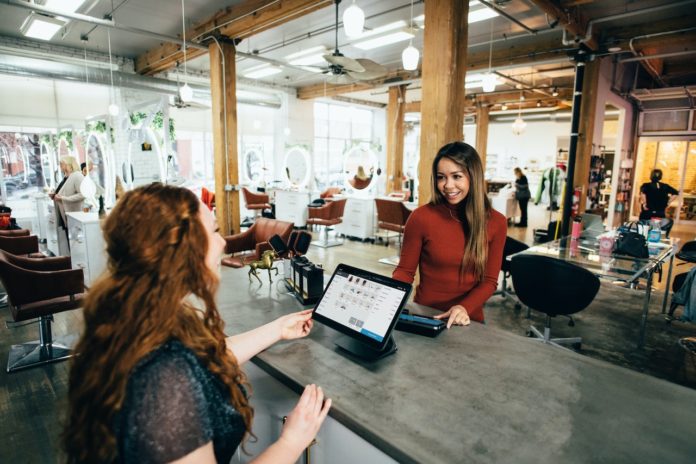A lot has been said about global brand’s successes (and failures) in sustainability. However, we hear a lot less about the small and medium size companies that make up the vast majority of businesses. In the UK alone, SMEs account for 99% of companies, 47% of revenue, employ 17 million people and create half the nation’s business related emissions (1). The picture is similar across Europe. The OECD group of countries contribute 70% of total employment and create more than half of the value for the bloc.(2).
We don’t hear a lot, because sadly not enough is happening. Unfortunately, SMEs tend to lack the key resources and knowledge needed to make a transition to becoming a more sustainable company. With day-to-day business challenges and targets taking most of the management’s time, it is no surprise that topics such as environmental sustainability and creating social value tend to take a back seat.
Typical reasons suggested by the Sustainability Knowledge Group for this in-action include:
- Lack of awareness among employees about the importance of sustainability
- Lack of awareness of business owners of the benefits of sustainability practices
- No available access to affordable financial resources
- Inadequate and insufficient skills and management developed practises
- Lack of information how to implement sustainability
- The interference of intended sustainability initiatives with other business initiatives
The green opportunity
Tackling these barriers will be critical to SMEs capturing the substantial opportunities of becoming a more sustainable company. Already the global market for low carbon goods and services is over £3 trillion pa, with estimates that the UK sector could grow by 11% every year to 2030 (3).
We are seeing conscious consumers actively choose more sustainable brands. For example, more than a third of shoppers have knowingly paid more for green products since the pandemic struck, and 51% think the eco credentials of a product are now just as important as the price they pay for it, according to an E.ON study(4).
Our mission and focus
At the Sustainable Business Guide, we’ve made it our mission to inspire and enable leaders within SMEs to progress through their sustainability journey. We know it isn’t easy and the topics can be complex and filled with technical jargon. Our aim is to provide practical, helpful guides and information to empower you as a business leader. Authors are all trained specialists and some are also owners of their own businesses. The editorial content is not designed to sell anything. Through this site you’ll find:
- Introductory content on sustainability topics to give you a good grounding
- Practical guides on how to become a more sustainable business
- The benefits and reasons to invest the time and effort in sustainability
- Case studies of real businesses who have started the journey, sharing their highs and lows
- Guidance on how to tackle the important topic of reporting your sustainability progress to 3rd parties and your customers
We’d love to hear from you as you continue through your journey and perhaps you’d like to feature as a case study, if so contact us
References and further reading
- Boosting UK productivity with SME growth https://esrc.ukri.org/news-events-and-publications/evidence-briefings/boosting-uk-productivity-with-sme-growth/#:~:text=Contributing%2047%20per%20cent%20of,expand%20business%20and%20increase%20impact
- The importance of SMEs role in achieving sustainable development https://sustainabilityknowledgegroup.com/the-importance-of-smes-role-in-sustainability/
- SMALL BUSINESS ADVICE ON NET ZERO: DISCOVERY PHASE https://irp.cdn-website.com/ba38e7c3/files/uploaded/SME%20discovery%20phase%20publication%20report.pdf
- Consumers demand greener products in wake of pandemic https://www.circularonline.co.uk/news/consumers-demand-greener-products-in-wake-of-pandemic/
Cover photo by Blake Wisz on Unsplash.



